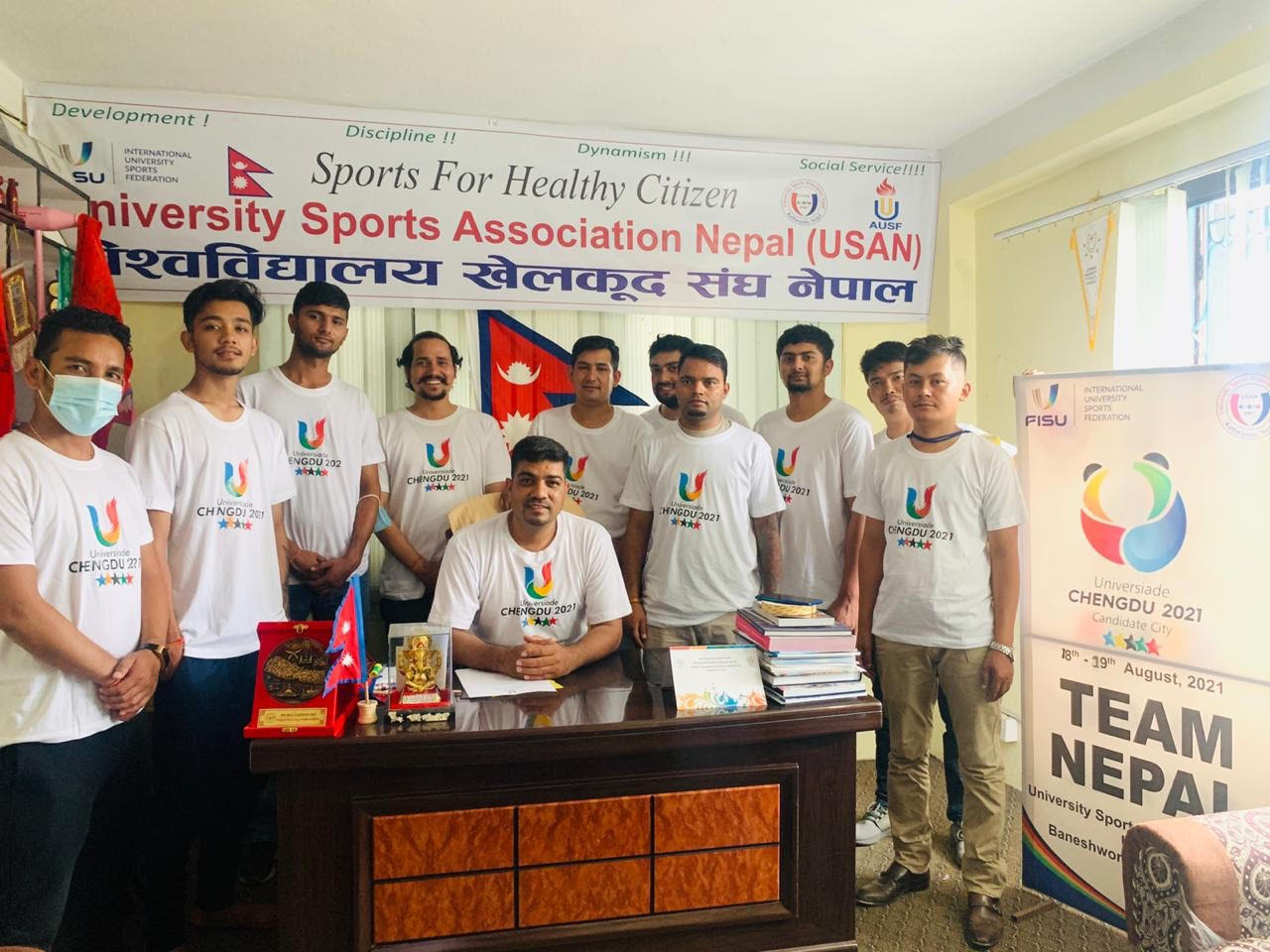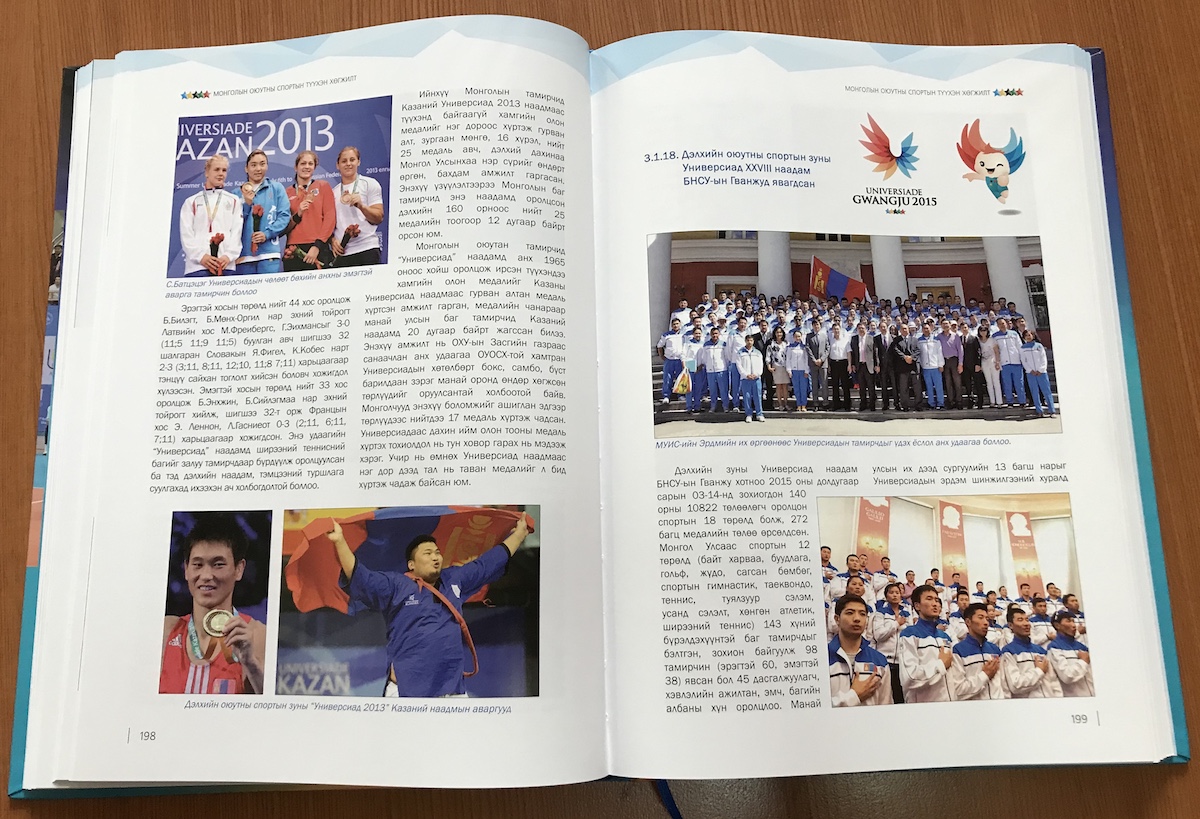Asia has had to experience its share of epidemics like SARS or MERS and therefore, when the COVID-19 pandemic struck, many of the Asian nations and regions were quick to respond effectively, implementing measures like curfews or lockdowns to control the spread of the virus.

As a result, almost all university sports events in Asia came to a halt earlier this year. Living through months of uncertainty, university athletes and National University Sports Federations in Asia have had to adjust to the new normal. Several AUSF Executive Committee members share their experience with FISU.
“When COVID-19 first broke out, we didn’t expect it to escalate. We thought life was as usual, but we just had to be careful,” Says Cheng Fave Seetow of Singapore. “But when the government introduced all those measures, it had a very significant impact on sports activities in Singapore, as a whole.”
Under the Singapore government’s social distancing rules, many sports events were canceled or postponed, and sports with physical contact were suspended.
“Our students were quite frustrated, because many of them were graduating, so they saw their last chance to participate in university level events just disappear,” Seetow adds.
Similar situations happened in Nepal and Mongolia, as student athletes were unable to go to school during lockdown.
“To continue their physical training, students jogged at home or in their gardens instead.” Purna Singh Bohara of Nepal points out. This home workout situation was similar in Mongolia, as Dorjsuren Jargalsaikhan explains. “Students utilized furniture at home for their training, and challenged their friends or teammates.”
It was not just online training; in the past 6 months, the pandemic forced many university activities, like lectures and meetings to turn online. It is under these special circumstances, that the uniqueness of eSports was gradually seen by many.
“Only eSports events could be organised during these difficult times,” says Kenny Chow from Hong Kong. “I think because of this pandemic, more people are now concerned about the development of eSports events.”
 The book on history of Mongolian university sports, written by JargalsaikhanEven though the world of sports paused during this period, Jargalsaikhan considers it a good opportunity to look back at the past.
The book on history of Mongolian university sports, written by JargalsaikhanEven though the world of sports paused during this period, Jargalsaikhan considers it a good opportunity to look back at the past.
Recently, due to the lockdown, he was able to focus on a long-pending project; a book on the history of his Mongolian NUSF. As a result, the book that was in the works for six years, got published. “The book tells the history of university sports in Mongolia since 1922. I hope that this book will inspire other NUSFs to write their own stories.”
As for the Nepal NUSF, they are looking forward to a brighter future. “Previously, we invited a small group of students to our office, and managed to organise a mini count down event for the 2021 Chengdu World University Games,” says Bohara.
Although hopeful that the Chengdu 2021 FISU World University Games will be hosted on schedule, Bohara and many other AUSF Executive Committee members agree that healthy and safety remains the first priority in the current time.
“From this pandemic, we have learned that health is important to everyone,” Chow expresses, “and the best way to stay healthy is to retain your sporting habits even later in life. If we can weather the COVID-19 storm, I believe that things can resume, and 2021 will be a wonderful year.”
